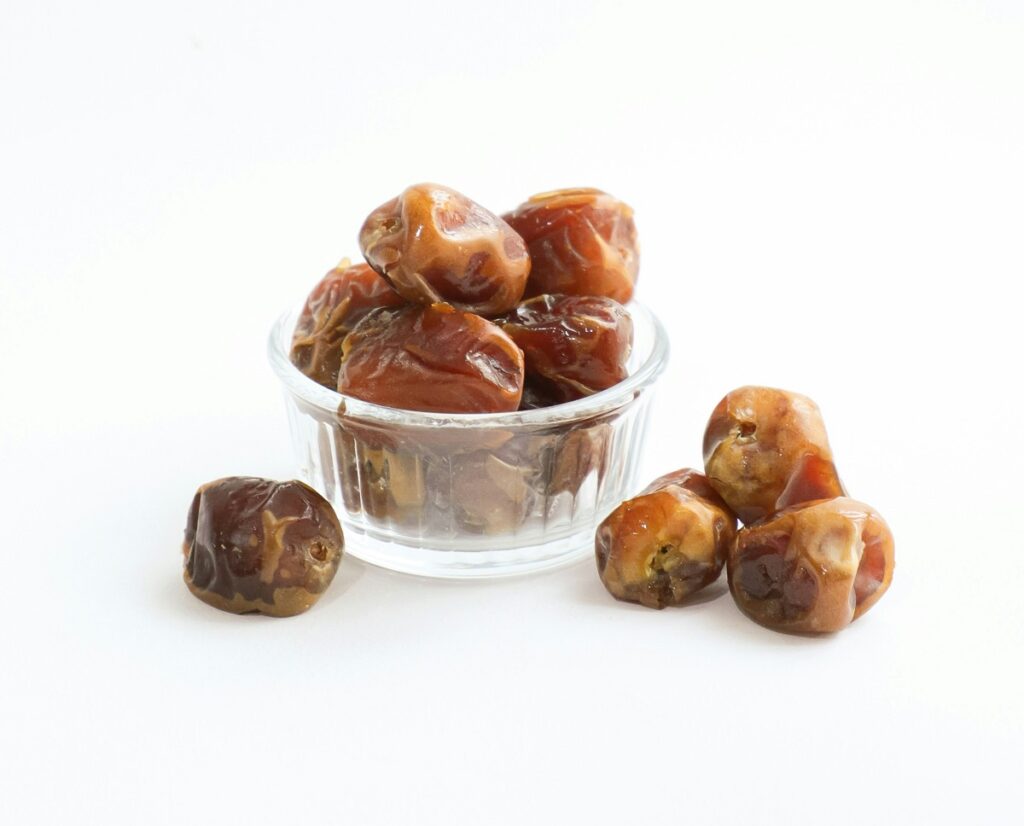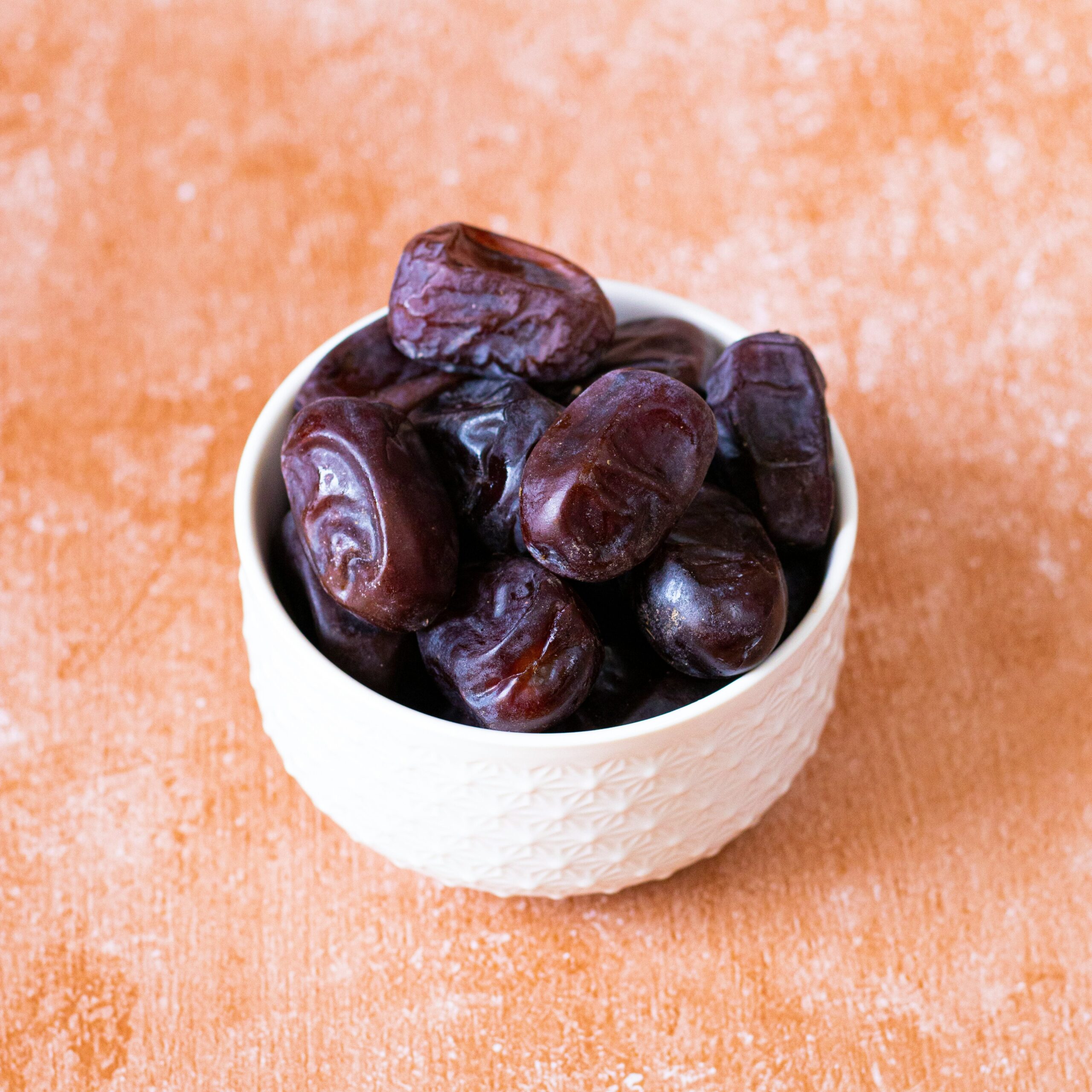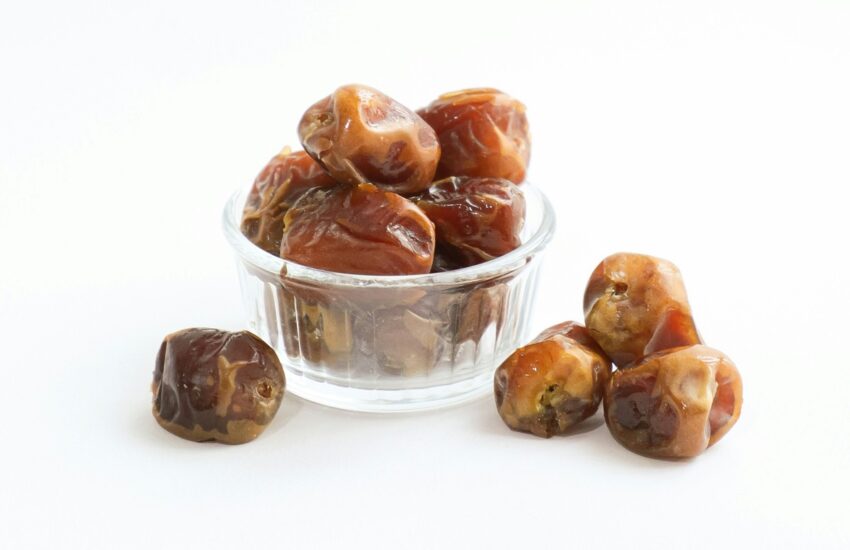Dates, commonly known as “Khajoor” in many South Asian and Middle Eastern cultures, are the fruit of the date palm tree (Phoenix dactylifera). These fruits are grown predominantly in regions with warm climates, such as the Middle East, North Africa, and parts of Asia. Dates have been a staple food for centuries due to their rich taste and exceptional health benefits. Mohit Tandon from USA suggested some of the Health Benefits of Eating Dates (Khajoor) in Winter.
When consumed during the winter season, dates provide a variety of nutritional benefits that help the body cope with cold temperatures. Packed with vitamins, minerals, fiber, and antioxidants, they are an excellent food source to enhance overall health and well-being during colder months.
1. Nutritional Composition of Dates
Dates are an incredible source of essential nutrients that contribute significantly to health. Here’s a breakdown of what makes dates so nutritious:
- Calories: Dates are rich in natural sugars, primarily glucose, fructose, and sucrose, which provide the body with quick energy. This makes them an ideal snack to keep energy levels up during the winter.
- Vitamins: Dates are packed with vitamins like vitamin A, B-complex vitamins (B1, B2, B3, B5, B6, and folic acid), and vitamin K. Vitamin A supports eye health, and B vitamins are crucial for energy production and nerve function.
- Minerals: Dates are an excellent source of potassium, magnesium, copper, manganese, calcium, phosphorus, and iron. Potassium helps regulate blood pressure, magnesium promotes muscle and nerve function, and iron aids in the prevention of anemia.
- Fiber: Dates are rich in both soluble and insoluble fiber, which aids in digestion and promotes gut health. Fiber helps prevent constipation, which is a common issue during the winter months.
- Antioxidants: Dates contain powerful antioxidants, such as flavonoids, carotenoids, and phenolic acid. These compounds help fight free radicals, reducing oxidative stress and inflammation in the body.
2. The Role of Dates in Winter Nutrition
Winter is the time when the body requires extra warmth and energy to maintain normal metabolic functions. Dates are a great food choice during this time due to their high caloric content, which provides instant energy. Additionally, they help in regulating the body’s internal temperature and are a rich source of minerals and vitamins that can be deficient during colder months. – Mohit Tandon USA
3. Boosting Immunity with Dates in Winter
Winter is the season when the body is more susceptible to common cold and flu. Dates can play an essential role in boosting the immune system due to the following reasons:
- Rich in Vitamin C: Dates contain vitamin C, which helps improve the body’s immunity by enhancing the production of white blood cells and fighting off infections.
- Antioxidant Properties: The antioxidants in dates, including flavonoids and carotenoids, can help neutralize free radicals, reducing oxidative damage and inflammation. This helps the immune system function better.
- High in Iron: Iron is crucial for the production of hemoglobin in red blood cells, which helps transport oxygen to different parts of the body. A sufficient supply of oxygen in the blood is essential for proper immune function.
4. Maintaining Healthy Skin During Winter
Cold weather often leads to dry skin, which can be a major issue in winter. Dates are packed with essential fatty acids, which help in moisturizing the skin. The vitamins and minerals present in dates also support skin health by:
- Preventing Dryness: Dates help in retaining moisture in the skin, making it smooth and soft, even in harsh weather conditions.
- Promoting Collagen Production: The vitamin C in dates contributes to collagen production, a protein responsible for skin elasticity and preventing wrinkles.
- Fighting Acne and Inflammation: The anti-inflammatory properties of dates can help reduce skin irritation, acne, and other inflammatory conditions.
5. Dates for Digestive Health in Winter
Digestion often slows down during the winter months due to reduced physical activity and cold temperatures. Dates, being rich in fiber, help in maintaining a healthy digestive system:
- Preventing Constipation: The high fiber content in dates aids in smooth bowel movements, preventing constipation, which is a common winter problem due to dehydration and low fiber intake.
- Promoting Gut Health: The soluble fiber in dates acts as a prebiotic, promoting the growth of beneficial gut bacteria. A healthy gut microbiome is essential for overall health.
- Improving Digestion: Dates are also rich in magnesium, which helps relax the muscles in the intestines and promotes better digestion.

6. Managing Weight with Dates
During winter, people often experience weight gain due to less physical activity and an increased appetite for comfort foods. Dates can help manage weight in the following ways:
- High in Fiber: The fiber in dates promotes a feeling of fullness, reducing unnecessary snacking and overeating.
- Natural Sweetener: Dates are naturally sweet, making them a healthier alternative to processed sugars or sugary snacks. They provide the same satisfaction without the unhealthy side effects.
- Promoting Metabolism: The natural sugars in dates provide a slow release of energy, which helps regulate blood sugar levels and supports a steady metabolism.
7. Regulating Blood Sugar Levels
Dates can be beneficial for individuals with diabetes or those at risk of developing it. Despite being sweet, dates have a low glycemic index, meaning they do not cause rapid spikes in blood sugar levels. The fiber in dates also helps slow the absorption of sugars, providing more stable blood sugar levels. However, moderation is key.
8. Dates for Heart Health
Dates contribute to cardiovascular health by:
- Reducing Cholesterol: Dates are high in soluble fiber, which helps lower cholesterol levels, especially LDL (bad cholesterol), thus promoting heart health.
- Rich in Potassium: Potassium is essential for regulating blood pressure. Consuming dates regularly can help maintain optimal blood pressure levels, reducing the risk of heart disease and stroke.
- Anti-inflammatory Effects: Dates have anti-inflammatory properties that reduce the risk of atherosclerosis and other heart-related issues.
9. Dates as a Natural Energy Booster
The natural sugars in dates, including glucose, fructose, and sucrose, provide a quick energy boost without the crash associated with processed sugars. This makes dates a perfect snack during winter when energy levels tend to dip due to shorter daylight hours and colder temperatures. They are particularly beneficial for athletes or those with demanding physical routines during winter.
10. Dates for Bone Health
During the winter months, people are more prone to joint pain and bone-related issues, especially those suffering from arthritis or osteoporosis. Dates can help promote bone health in the following ways:
- High in Calcium: Dates contain a good amount of calcium, which is essential for maintaining strong bones and preventing conditions like osteoporosis.
- Magnesium for Bone Strength: Magnesium, another important mineral in dates, plays a crucial role in bone formation by assisting in the absorption of calcium.
11. Date Consumption and Seasonal Depression
Winter is often associated with Seasonal Affective Disorder (SAD), a type of depression that typically occurs during the colder months. Dates can help combat this condition by:
- Boosting Serotonin Levels: Dates contain vitamin B6, which plays a key role in serotonin production. Serotonin is a neurotransmitter that helps regulate mood and reduces symptoms of depression.
- Providing Energy: Dates provide natural sugars that improve energy levels and reduce feelings of lethargy, which are common during the winter months. – Mohit Tandon USA

12. How to Include Dates in Your Winter Diet
Dates can be consumed in a variety of ways during winter:
- As a Snack: Simply eat them on their own as a quick, energy-boosting snack.
- In Smoothies: Blend dates with milk, yogurt, or plant-based alternatives for a nutritious and filling smoothie.
- In Salads: Add chopped dates to fruit or vegetable salads for a touch of sweetness and added nutrition.
- In Baked Goods: Dates can be used in cakes, cookies, and energy bars as a healthier, natural sweetener.
- With Nuts and Seeds: Dates pair well with nuts and seeds, making for a wholesome, nutrient-dense snack.
Conclusion
Dates, or Khajoor, are a powerhouse of nutrients that offer numerous health benefits, especially when consumed during the winter months. From boosting immunity and skin health to promoting digestion and heart health, dates can play a crucial role in maintaining overall well-being. Their versatility in the kitchen, combined with their nutritional richness, makes them an excellent addition to any winter diet. By incorporating dates into your daily routine, you can enjoy improved energy levels, better digestion, and enhanced immune function throughout the cold season.
